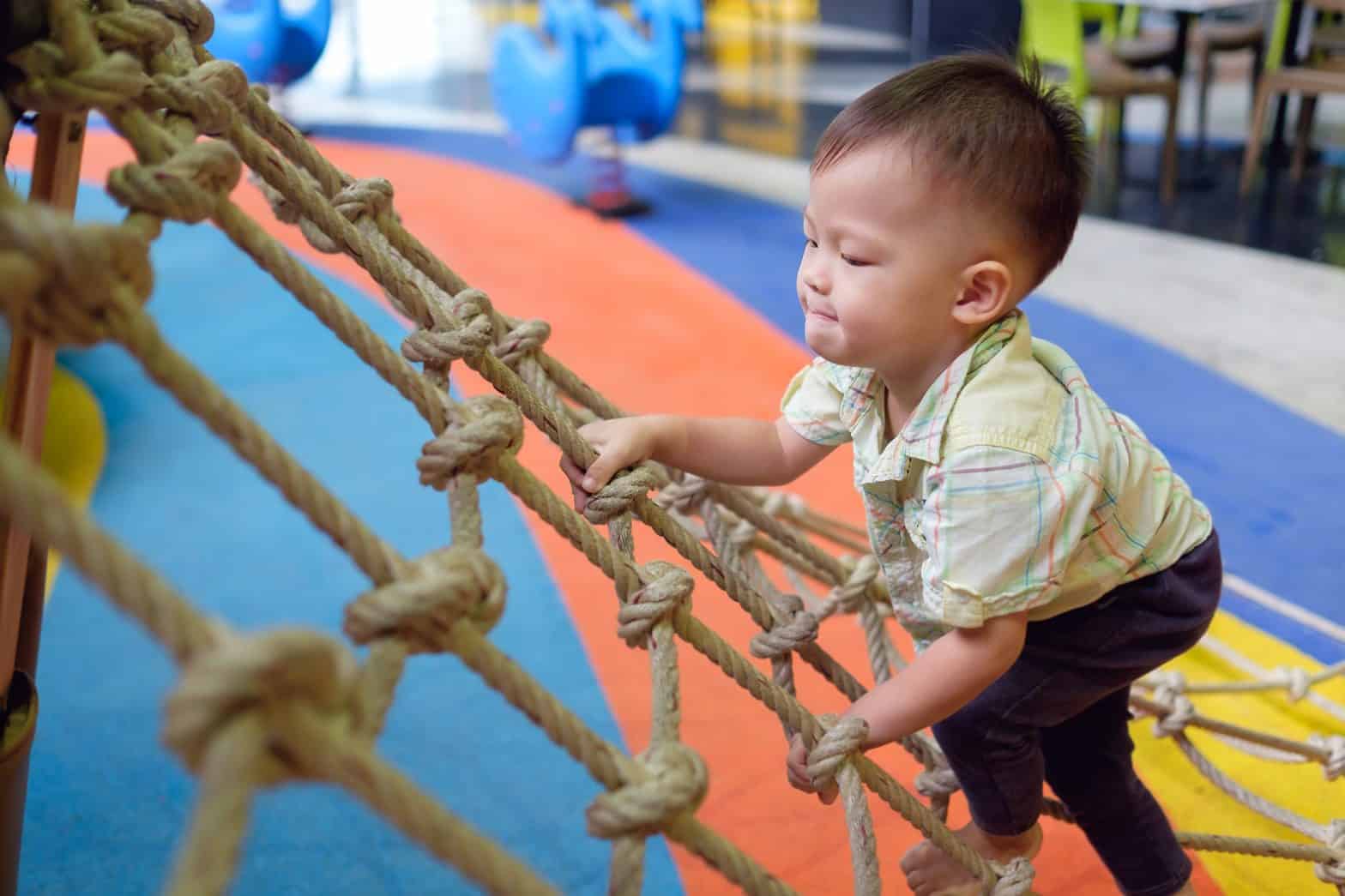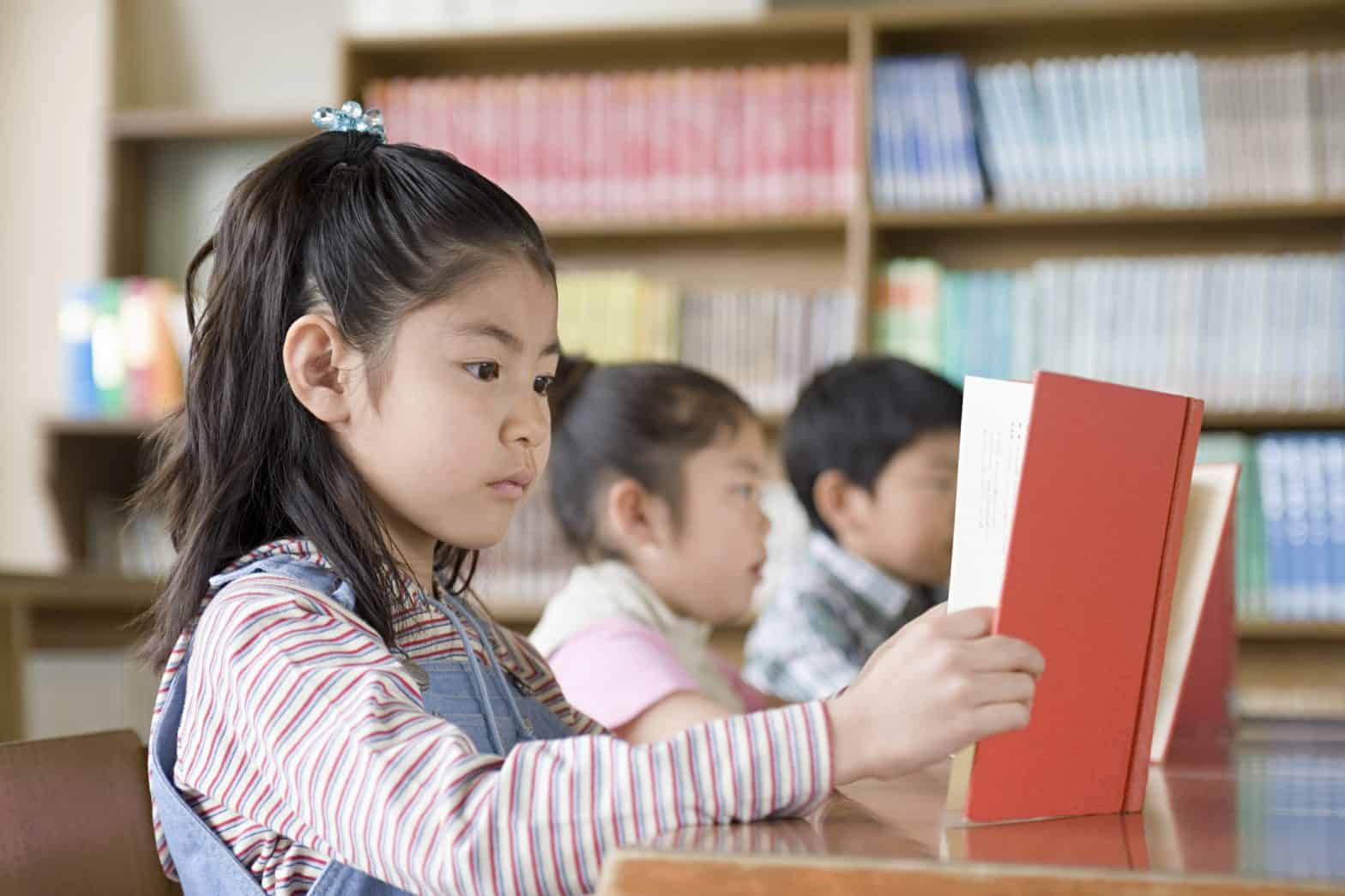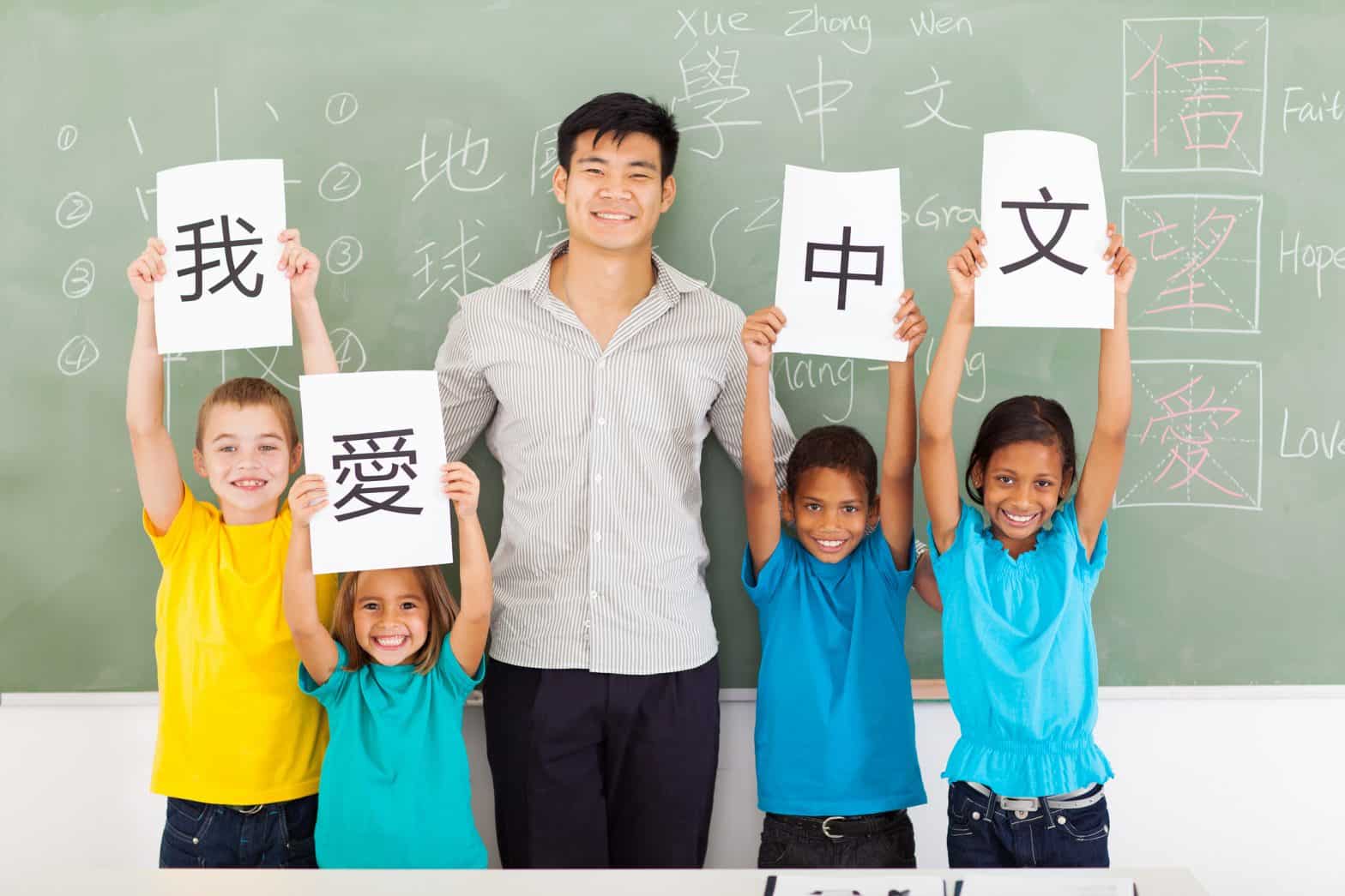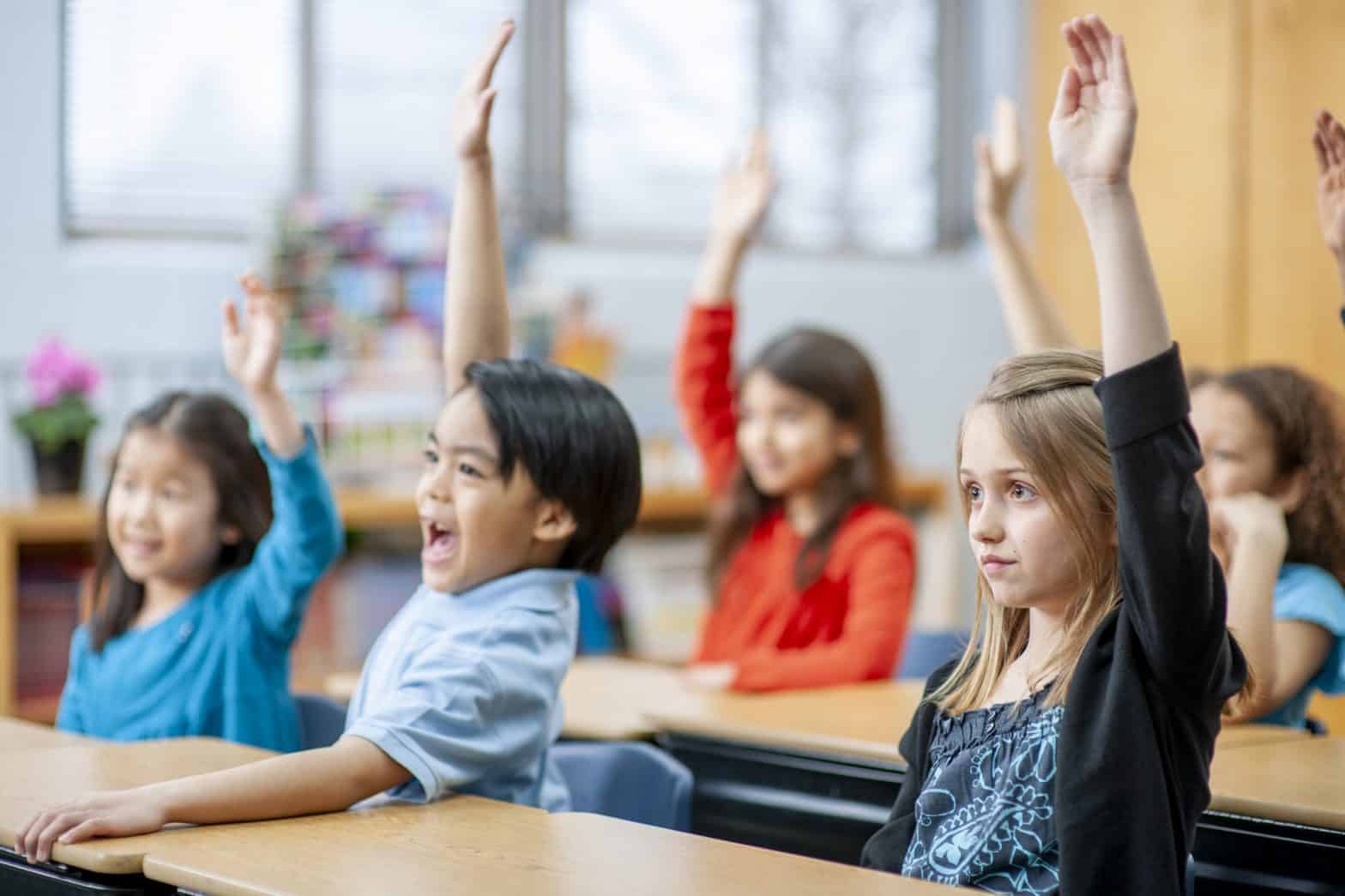
Guide Series: Preschoolers starting primary 1

This guide provides comprehensive Information on Preschoolers starting Primary 1.
Helping kids become independent learners
- Written By chloe
- Updated on
Content > Blogs > Preschoolers > Helping kids become independent learners
Articles In this Guide
As parents, we are faced with the harsh reality that our Preschoolers are growing up and will enter the formal education system in a few years. What is the best way to equip our children with the necessary skills to thrive in a grueling Singapore academic system? Children’s learning style drastically changes from infancy to childhood, and we must accommodate these changes. From 0 to 2 years old, you help your child do things; from 3 to 6, you help your child learn how to do things.
The easiest way to expose them to learning would be to guide them in performing real-world actions. Instead of giving them glassware and utensils, we only provide plastic ones for fear of our children breaking them. We buy toys that simulate cooking role play but do not allow them to help in the kitchen as it might be too dangerous. With the correct supervision and allowance to make mistakes, children can surprise you with how knowledgeable they are and learn about the world through real-world activities.
What is it like to be an independent learner?
Independent learning refers to being an active learner, taking responsibility for your workload, commitments and deadlines, and mastering it will be the key to success in one’s studies. The focus of any activity would be on the process, not the outcome. Self-directed learning activities such as hands-on learning and collaborative play are great examples. This is contrasted with traditional learning methods such as book learning and memorisation, which are used in normal education pathways in primary and secondary school. Ensuring your child engages in independent and self-directed learning will help them in their education journey towards PSLE and beyond.
How Independent learners enjoy an advantage
Some examples of independent learning skills are:
Critical thinking skills
In analyzing and solving problems with little guidance, children will learn to think for themselves and be more resourceful. For example, a child with a complex puzzle will use their critical thinking skills to figure out the most efficient way to solve it without constant assistance.
Confidence
With each successful independent learning experience, children become more confident in their abilities to tackle new tasks and take on new challenges. For instance, a child who independently completes a craft project will feel a sense of accomplishment and pride, boosting their self-confidence.
Independence
Children learn to rely on their own experiences, knowledge, and skills to solve problems before seeking help from adults. Hence when encountering a slight dilemma, a child who is an independent learner might first attempt to figure it out on their own before turning to a parent or teacher for assistance.
Love for knowledge
As they are not limited to a structured learning method, independent learners will seek out their interests and develop a deeper knowledge base. A child fascinated by animals may independently seek out books, videos, or documentaries to learn more about different species and their habitats.
Creativity
Children will be able to explore their creativity and imagination without restrictions, encouraging innovative thinking. Engaging in open-ended activities, such as building with blocks or engaging in imaginative play, allows them to express their creativity without limitations.
Empowerment
Independent learners will take charge of their education, empowering their sense of autonomy and independence through self-directed learning. For example, a child who independently chooses a book to read from the library and actively engages with the story becomes empowered in their learning process.
Activities to foster independent learning
Fostering independent learning in preschoolers involves engaging them in activities encouraging curiosity, critical thinking, and hands-on exploration. Field trips to places like the National Museum of Singapore, National Gallery, and Botanic Gardens expose children to new environments and stimulate their natural sense of wonder. These outings provide opportunities to observe, ask questions, and make discoveries independently, nurturing their curious minds.
Gardening is an enriching activity that can be adapted to any space. Whether in a yard or with mini plants in the kitchen, children can learn about plant life, growth cycles, and responsibility as they care for their green companions independently.
Lego and building blocks offer open-ended play, promoting imaginative thinking and problem-solving skills. As children construct and deconstruct, they independently explore spatial concepts and learn through trial and error.
Science experiments using everyday cooking ingredients add excitement to learning. Children can engage in hands-on investigations, fostering a love for science and encouraging them to think like little scientists, an example of independent learning skills.
Supervised cooking and baking activities teach practical skills, following instructions and measurements, and preparing simple recipes independently boosts their confidence and self-reliance in the kitchen.
For children who are not confident in writing, Journaling through drawing allows them to express their thoughts, feelings, and observations creatively. This activity strengthens their communication skills and gives them a sense of ownership over their personal stories.
Fostering independent learning skills in children through diverse activities is a crucial investment in their educational journey. When you encourage curiosity, critical thinking, and hands-on exploration, children develop self-confidence, intrinsic motivation, and the ability to take ownership of their learning. Field trips, gardening, building blocks, science experiments, supervised cooking, and journaling are some activities through which parents can encourage independent learning among preschoolers.
Loved Our Articles? Subscribes To Get Updates Directly To Your Inbox!
Explore Klassbook for more Classes
To explore more classes, go through our list of various Subjects here. Why not start with a trial class to gauge your child’s interest?
Loved Our Articles? Subscribes To Get Updates Directly To Your Inbox!
- Is your preschooler starting Primary 1? Prepare them well for a smooth ride
- P1 Preparation Class: A Bridge to Success
- Popular P1 Preparation Classes in Singapore for your Preschooler.
- Helping kids become independent learners
- Raising a resilient child
- Preschoolers and how parents can kindle their interest in reading
- Preschoolers & money management – Fun ways to teach money sense to tots
- Tuition Centre vs Private Tuition: Which Is Right For Your Child?
- Learning Hindi language – Hindi Society Singapore and other Hindi Tuition centres






